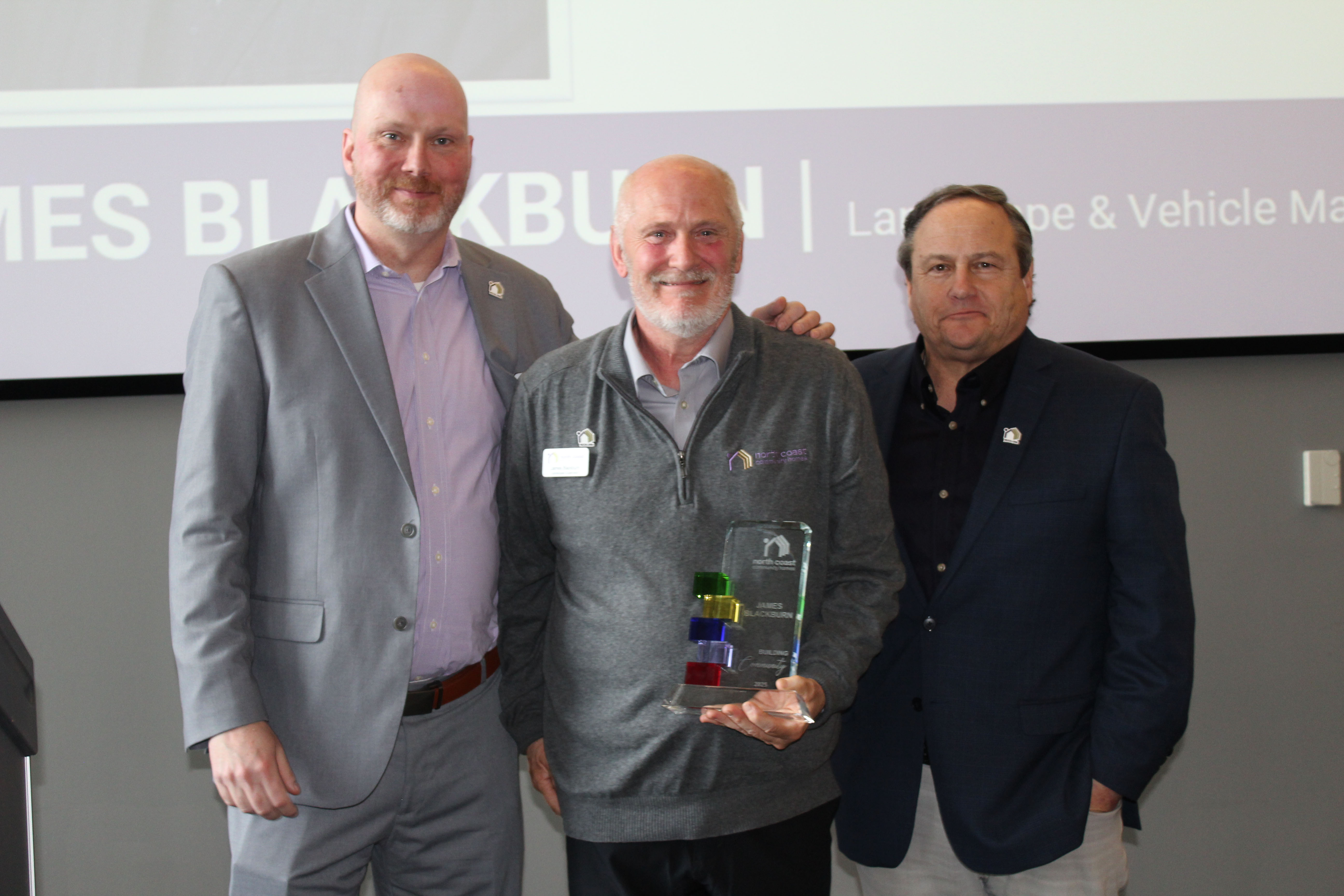News
NCCH Adds To Board of Trustees
North Coast Community Homes is pleased to announce the addition of Thomas Martin and Marc Newman to the NCCH Board of Trustees.

Chris West Recognized | 2025 Edition The Cleveland 500
Chris West, President and CEO of North Coast Community Homes has been recognized by Cleveland Magazine as a member of its The Cleveland 500 list.
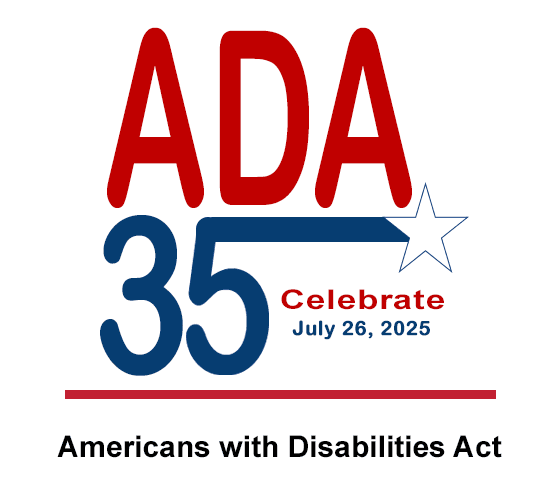
ADA Celebrates 35 Years
Today, July 26, 2025, marks the 35th anniversary of the Americans with Disabilities Act (ADA).

Chris West, 2025 Crain's Business Honoree Notable Leader In Philanthropy
Crain’s Cleveland Business has recognized Chris West, North Coast Community Homes CEO & President, as a Notable Leader In Philanthropy, 2025 honoree.
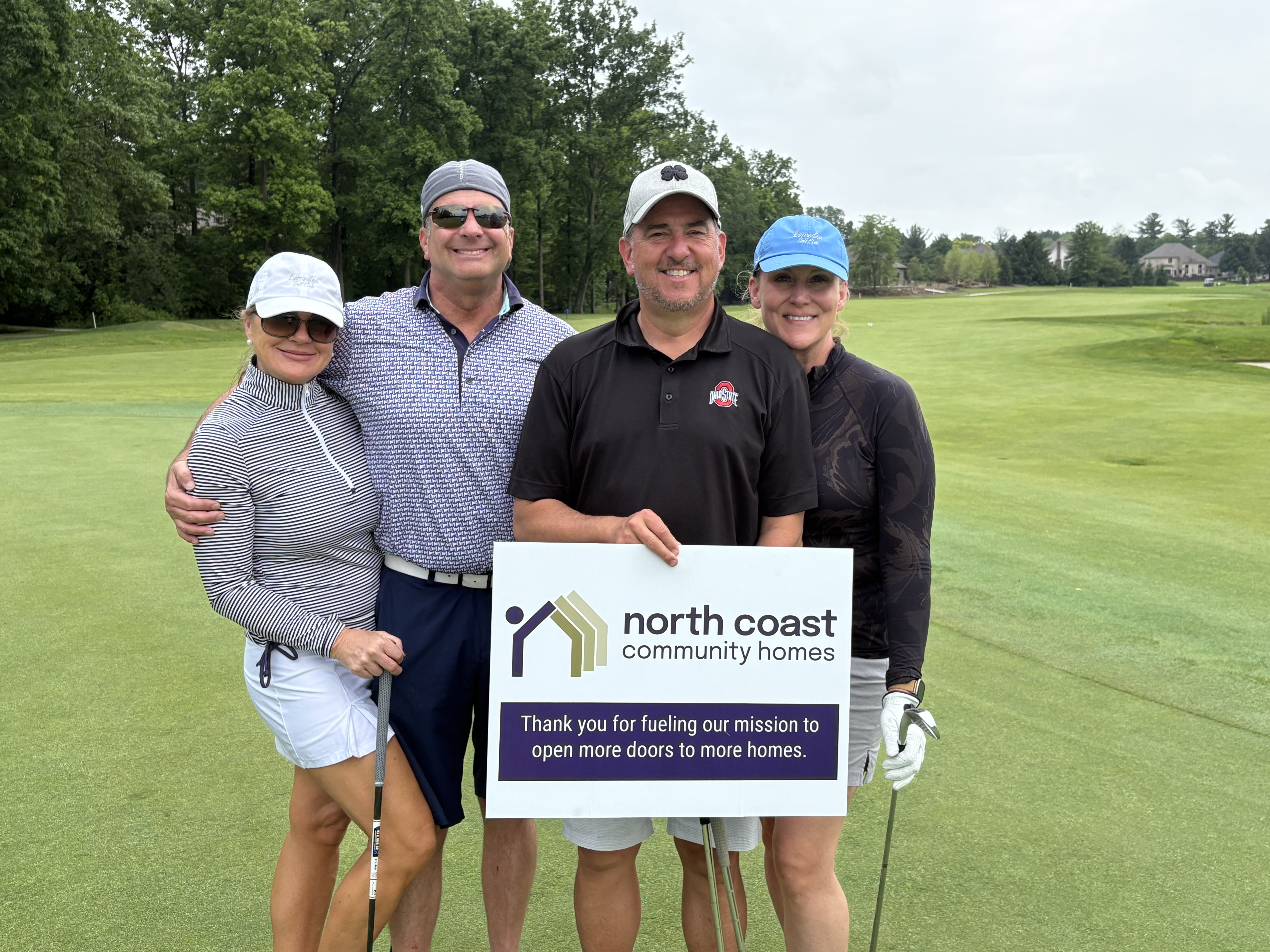
2025 Golf Classic
The 2025 Golf Classic at Barrington Golf Club was damped by heavy rains, but spirits soared with excitement for the Drone Golf Ball Drop. Congratulations to our winner Mike Gurney!
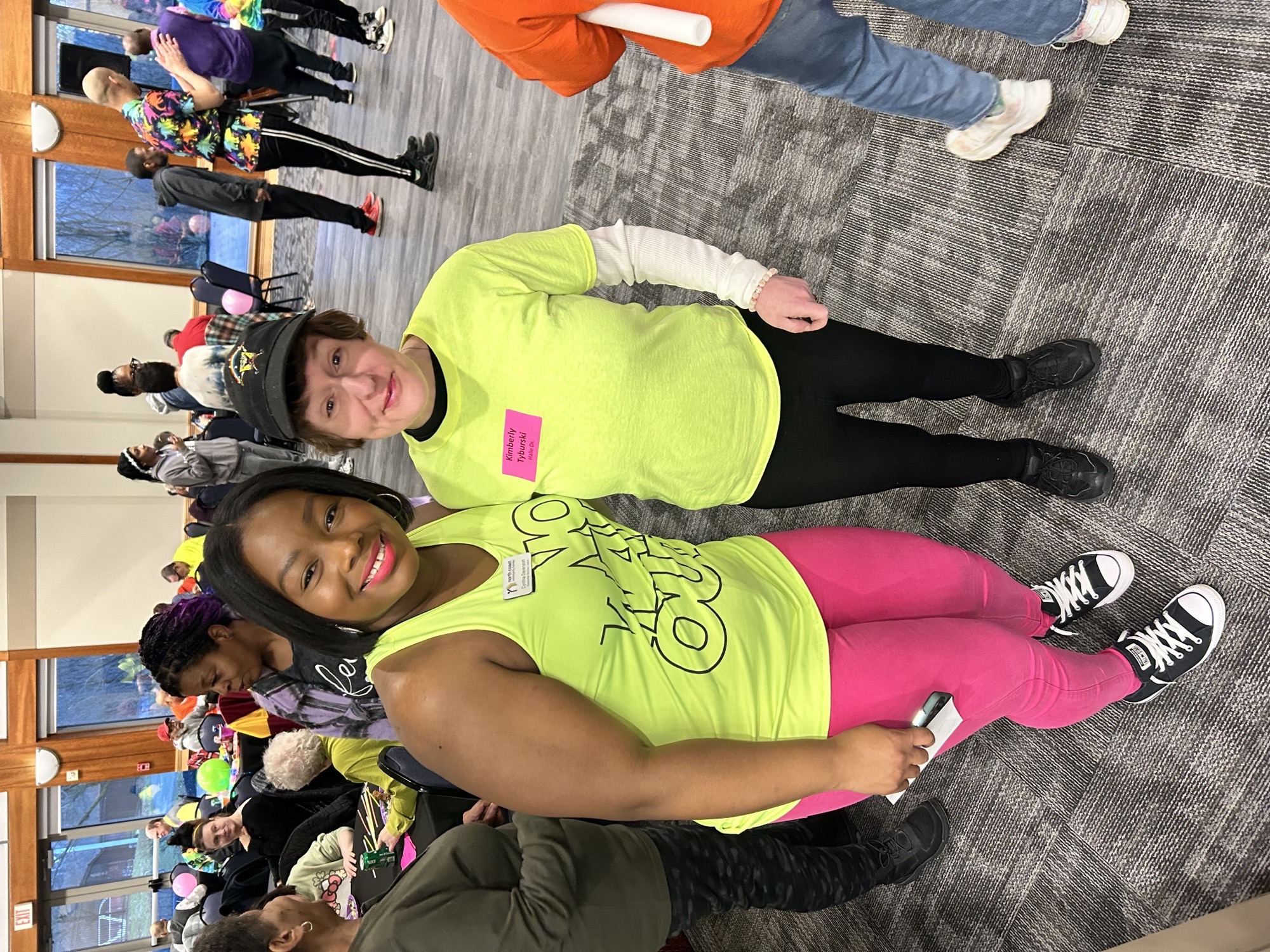
NCCH Source of Pride | April
Success of the Residential Services Program...Allow Us to Brag!
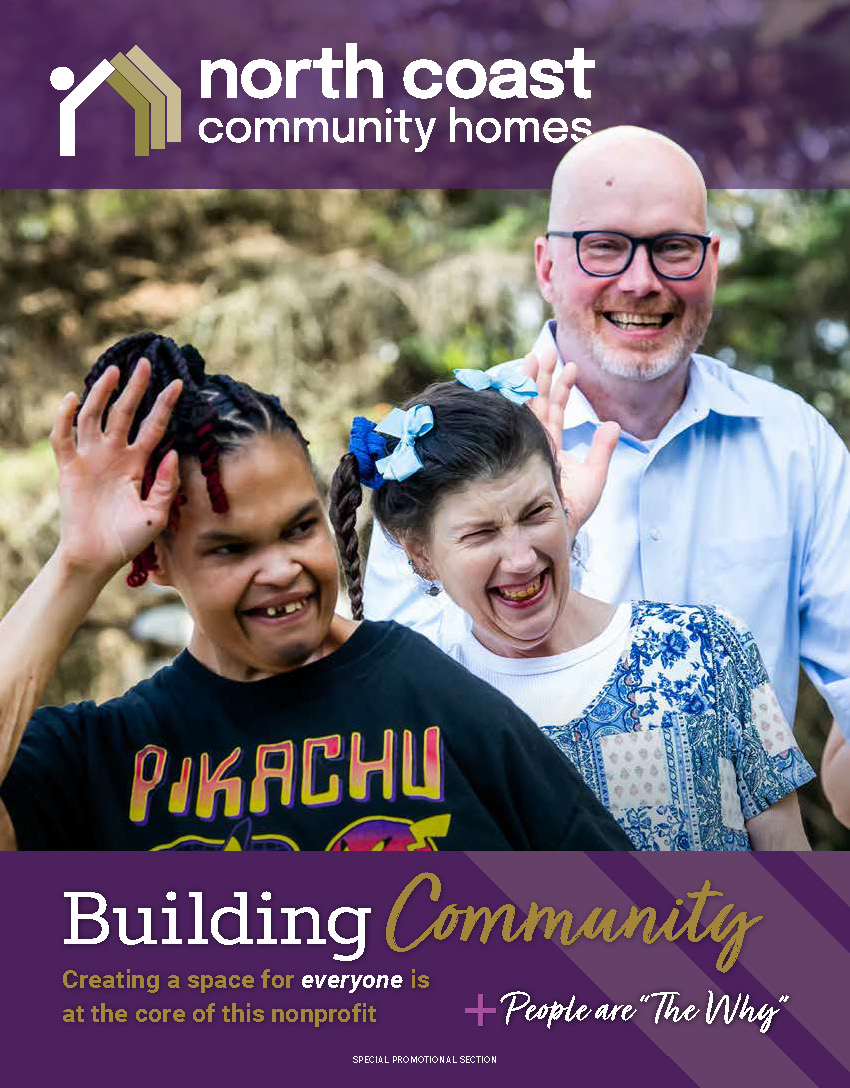
NCCH Cleveland Magazine
The NCCH "WHY" goes beyond providing quality homes and resources for people with disabilities and mental health challenges. Read the NCCH feature in Cleveland Magazine and learn more about the "WHY" that drives the mission.
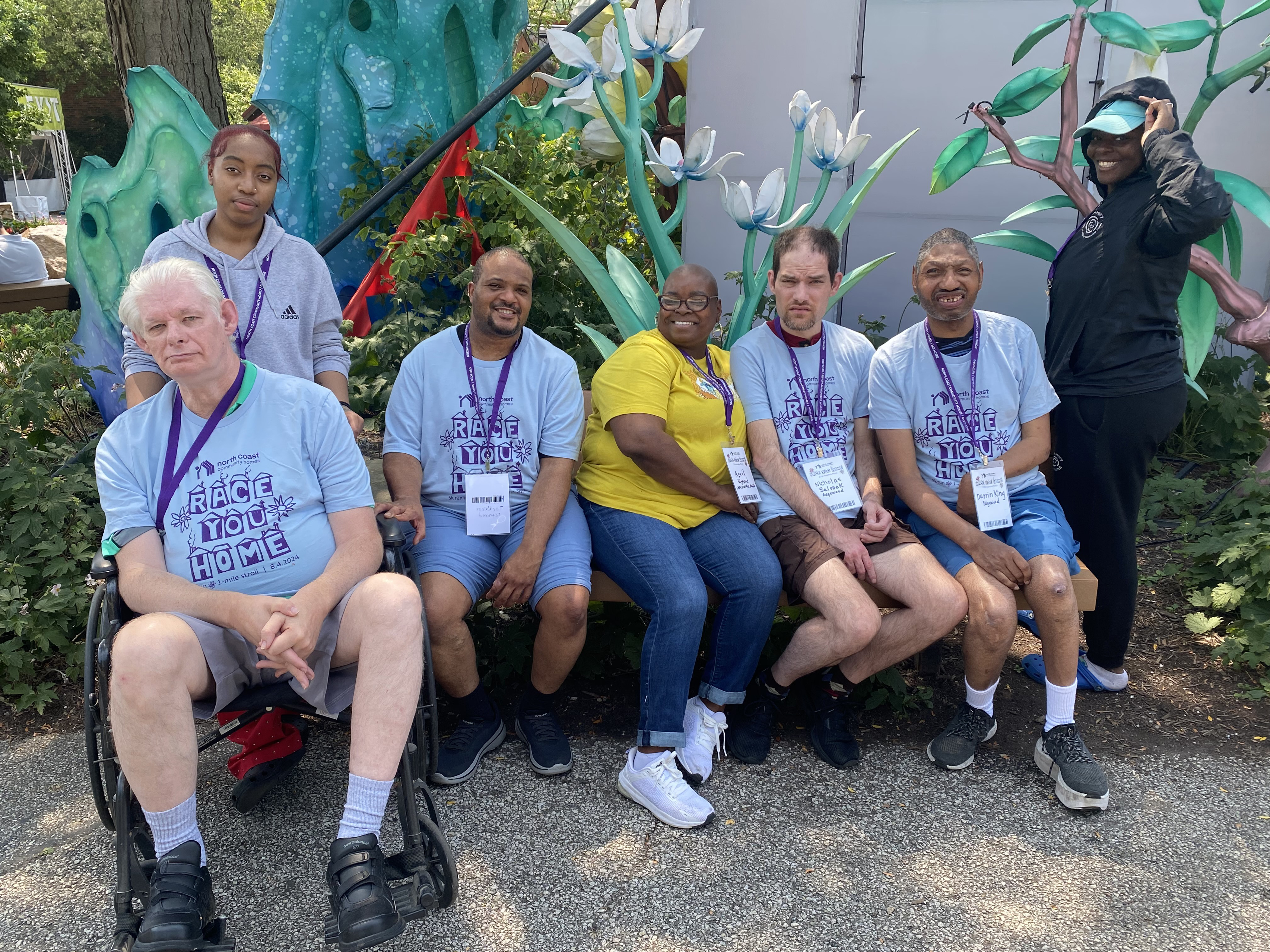
NCCH Source of Pride | February
Building community through innovation and operational excellence to provide quality housing and resources for people with disabilities.
NCCH Board Announcements
North Coast Community Homes is pleased to announce Neil Gavin, Swagelok Cleveland, has been selected to lead the NCCH Board of Trustees as the new chairperson. Bruce Horton, Bialosky Cleveland, has been named NCCH Finance Committee Chair.
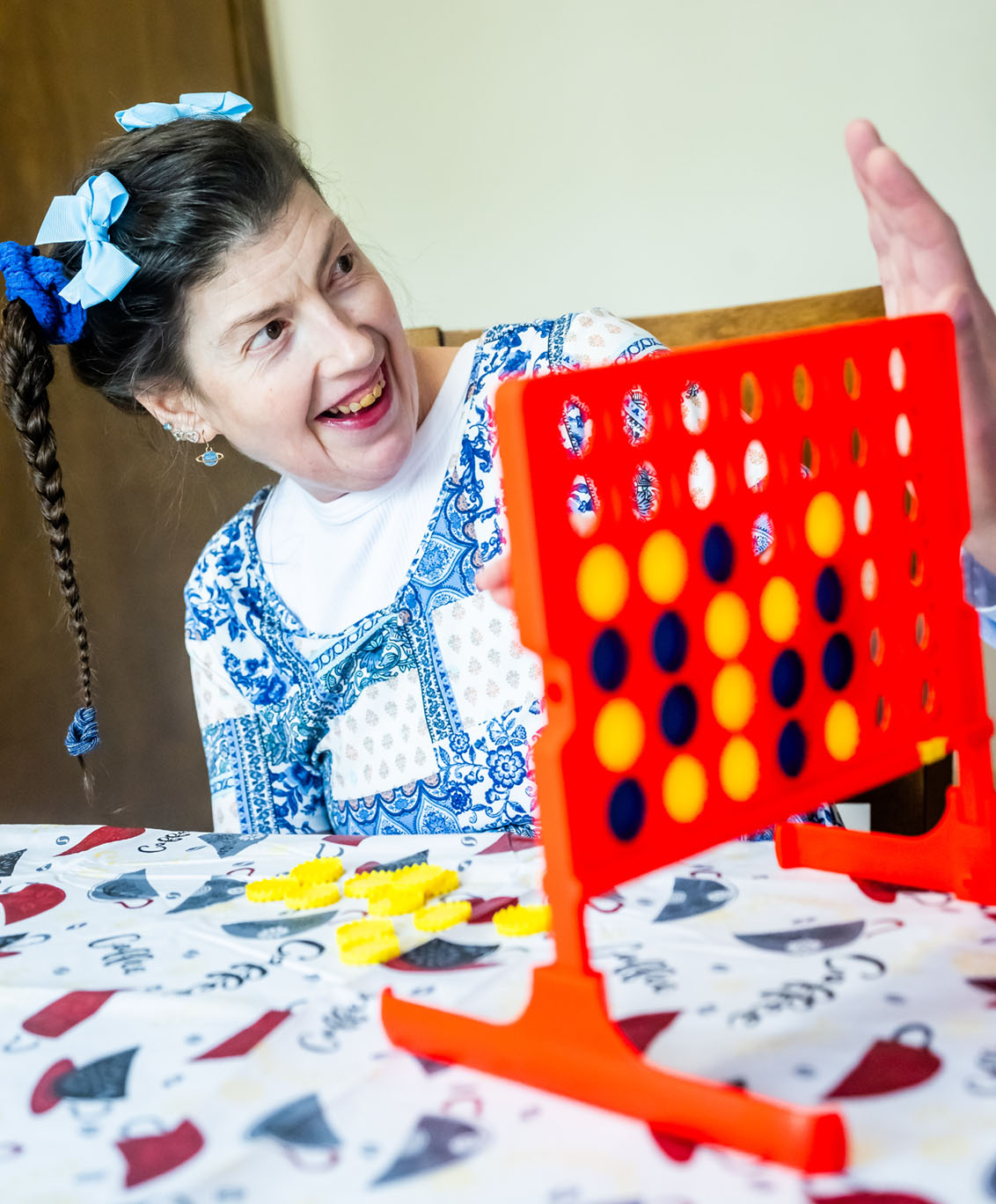
WHY Your Investment Matters
WHY Your Investment Matters...“To have more than a half dozen foundations that believe in what we do, it just feels amazing. But at the end of the day, it comes back to us,” says our President and CEO Chris West. And we know everything improves when we focus on our residents!

NCCH Source of Pride | December
We don't give up until our residents feel happy, safe and connected - to opportunities and community. It's our Source of Pride!
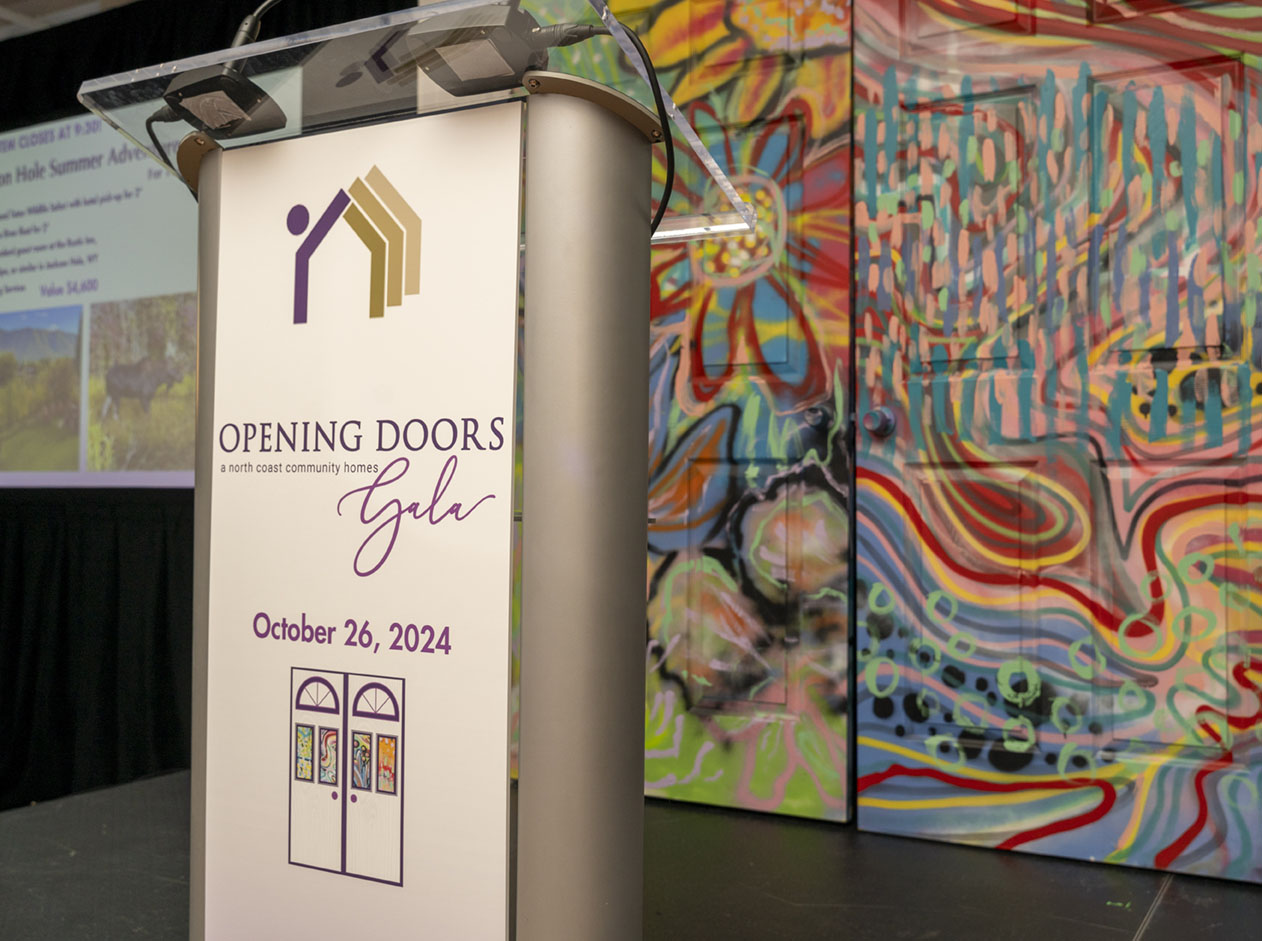
Opening Doors Gala
Celebrating 40 years of service, North Coast Community Homes host an inspiring Opening Doors Gala on Saturday, October 26, 2024. The event highlighted the organization's commitment to creating homes, resources, and opportunities for individuals with developmental disabilities and mental health challenges.
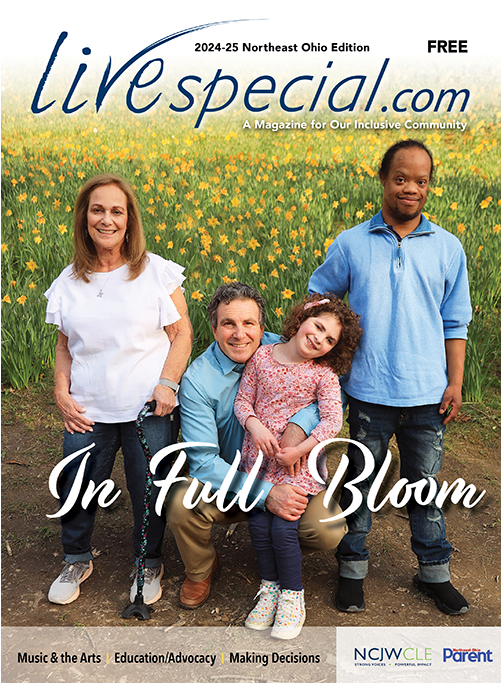
A House of Their Own
Chris West, NCCH President and CEO, discusses housing options for individuals with developmental disabilities in Livespecial.com.
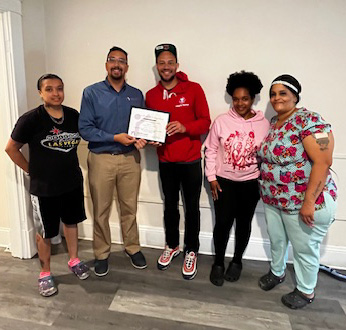
NCCH Source of Pride | September
Meeting the specific housing needs of the people we serve, and ensuring NCCH homes are stable, safe, and supportive...It's our Source of Pride!
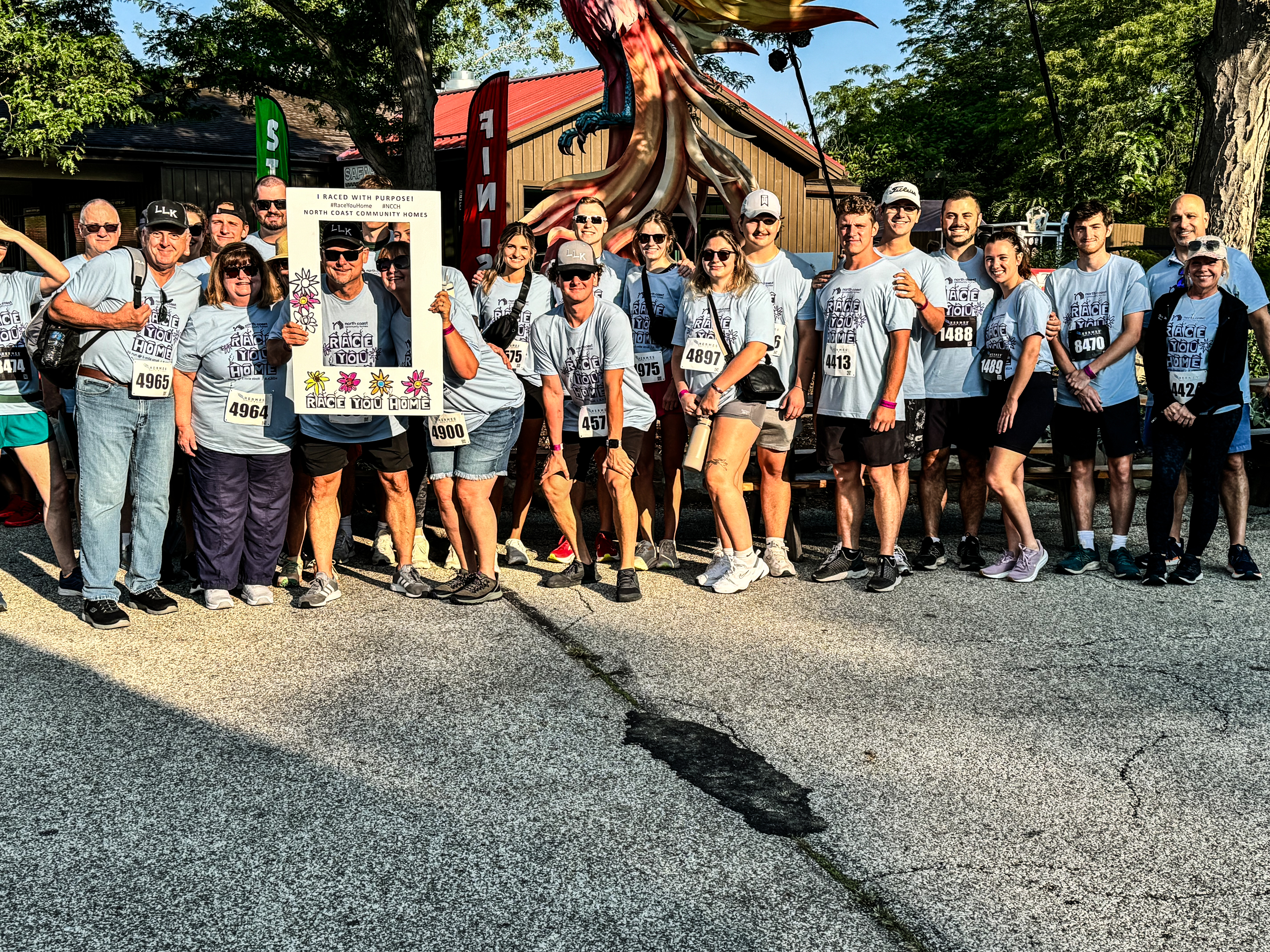
Race You Home...SUCCESS!
That's a wrap on 2024 Race You Home 5k Run |1-Mile Stroll. It was a beautiful day!
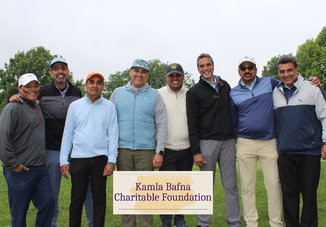
2024 Golf Classic Success!
Cold temperatures and rainy drizzle did not dampen the energy for the 2024 NCCH Golf Classic. Participants enjoyed some of the finest golf and an exceptional experience on Monday, June 10, at the historic Firestone Country Club.

Charmaine Jones Joins NCCH Board
“As we welcome 2024, North Coast Community Homes is thrilled to welcome Charmaine Jones to the board of trustees,” stated Chris West, NCCH President and CEO. He continued, “On a board already teeming with talent, Charmaine brings expertise in communications that will contribute to our efforts to grow relationships and build collaborative community partnerships.”
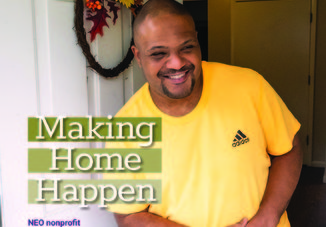
Did you see us in Cleveland Magazine?
Next year will mark 40 years North Coast Community Homes has been serving individuals with disabilities and mental health challenges throughout Northeast Ohio.

NCCH Names Kristo Pantelides and David Souders to Board
"40 years and building on the foundation" is how Chris West, President and CEO of North Coast Community Homes, announced the addition of Kristo Pantelides and David Souders as the newest members to join the NCCH Board of Trustees.
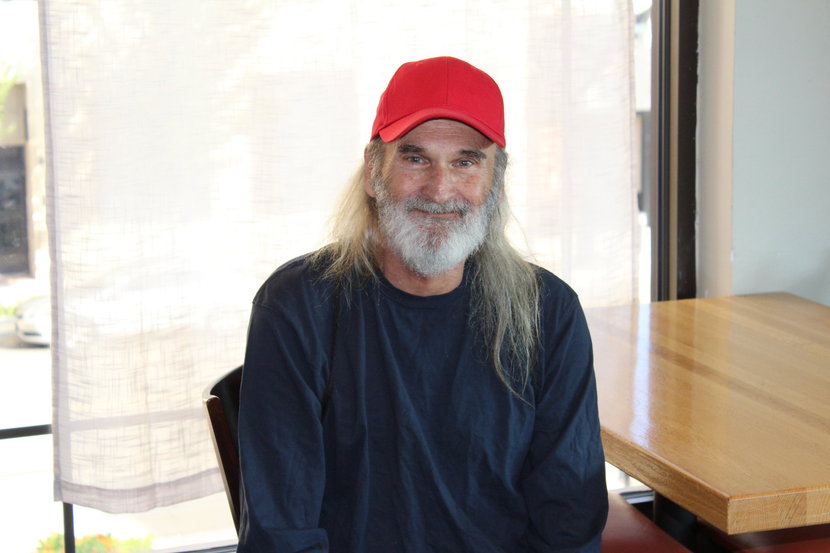
NCCH Residents Treated to Night at Akron Rubber Ducks
North Coast Community Homes annual resident event at the Akron Rubber Ducks included great weather, fireworks, and seeing Josh Naylor in action.
NCCH Welcomes New Board Members 2023
North Coast Community Homes is pleased to announce the addition of Ken Fruscella and Janis Lyons to the Board of Trustees.
Race You Home Makes an Impact
The adventure was worth the WILD for the over 200 participants who showed up for Race You Home 5k Run/1-Mile Stroll at the Cleveland Metroparks Zoo on Sunday, August 6. This fundraising event supported the NCCH mission to provide quality housing and resources for individuals with disabilities and mental health challenges.
NCCH Proud to Offer Housing Support for Akron Area Veterans
North Coast Community Homes is known for providing safe, stable, and supportive home environments for individuals with developmental disabilities and those living with mental health challenges. In Akron, NCCH is proud to partner with Community Support Services to offer a safe and secure environment specifically for veterans.
"Empower DD" Podcast by Cuyahoga DD
Cuyahoga DD launched “Empower DD”, a podcast, to discuss navigating the developmental disability field, exploring new technologies, and hearing stories from people living, learning, working and playing in their community.
North Coast Community Homes Names Jillian Frazier Chief Development Officer
Cleveland, September 27, 2022: North Coast Community Homes has named Jillian Frazier as Chief Development Officer of the Northeast Ohio non-profit organization.
Boundless Race You Home
Runners and walkers celebrated community inclusion and ran beyond boundaries to support NCCH Boundless Race You Home, a 5k run and 1-mile stroll, held at the Cleveland Metroparks Zoo, on Sunday, September 18.
Jillian Frazier, NCCH Chief Development Officer Visits Good Company
Jillian Frazier, NCCH Chief Development Officer, visited WKYC "Good Company" to talk about the mission of NCCH to provide a stable, safe and supportive home environment for individuals with developmental disabilities and mental health issues. Click to view the Good Company segment.

NCCH Welcomes New Board Members in 2022
North Coast Community Homes is pleased to announce the addition of Kelly Hamilton, Mark Minatel, and Matthew Smith to the Board of Trustees.
IN THE NEWS - August 4th Cleveland.com
TryTech Smart Apartments in Lakewood offer independent living for adults with disabilities
IN THE NEWS - August 3rd - Lakewood Observer
People with developmental disabilities who are ready to live more independently now have an innovative new housing option in Lakewood from the Cuyahoga County Board of Developmental Disabilities (Cuyahoga DD) and North Coast Community Homes (NCCH).
Cuyahoga DD and North Coast Community Homes Announce TryTech Smart Apartments
CLEVELAND, Ohio –August 2, 2022– People with developmental disabilities who are ready to live more independently have an innovative new option from the Cuyahoga County Board of Developmental Disabilities (Cuyahoga DD) and North Coast Community Homes (NCCH).
IN THE NEWS - August 2nd - NEWS 5 Cleveland
New 'smart' apartments give people with disabilities ability to live independently
IN THE NEWS - August 2nd - FOX 8 News
New smart apartments in Lakewood for those with developmental disabilities
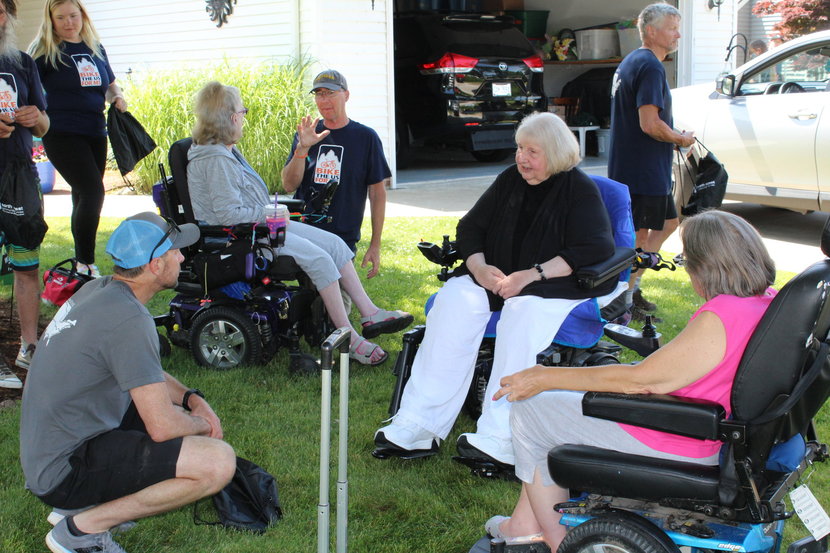
Bike the US for MS visits NCCH Resident
Mary Namy, a successful businesswoman, supportive mother, and good neighbor had her life journey re-routed when mild symptoms affiliated with her Multiple Sclerosis (MS) diagnosis progressed to severe numbness in her limbs and vision impairment.

Joyful Return Home Thanks to Isabella's Closet Volunteers
Serving the housing needs of individuals with disabilities is at the core of the North Coast Community Homes mission. However, the physical house is only a part of what makes a house a home.

Akron Water Main Break Impacts NCCH Residents
Chris West, North Coast Community Homes CEO & President, espouses that the residents must be at the center of the NCCH mission to provide a stable, safe, and supportive living environment for individuals living with developmental disabilities and mental health challenges.
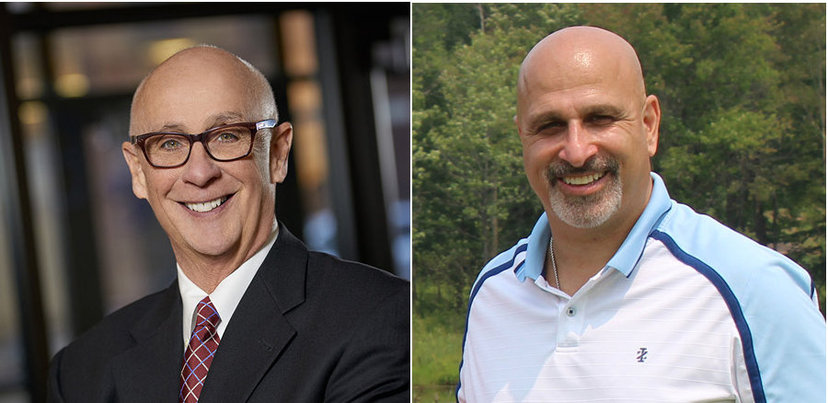
Dennis Burnside and Daniel Fashimpaur Selected to Lead NCCH Board
North Coast Community Homes welcomed Dennis Burnside and Daniel Fashimpaur in leadership roles to the board of trustees during January’s meeting.
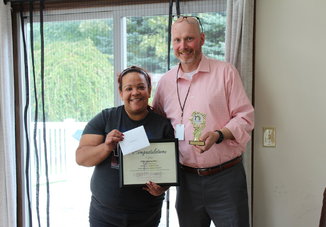
NCCH Annual Tour of Homes
North Coast Community Homes' mission is to develop high-quality, comfortable, and safe homes where individuals living with developmental disabilities and mental health challenges can lead lives of independence, self-expression, and connection.
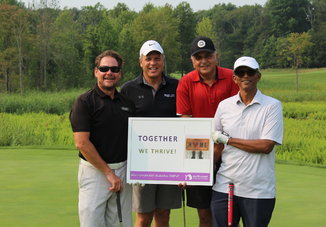
Golfers Accept Challenge of Sand Ridge Golf Club to Drive Support at NCCH 2021 Golf Classic
Over 80 golfers accepted the challenge of a world-class golf expereince to play in the NCCH 2021 Golf Classic. Held at Sand Ridge Golf Club, foursomes welcomed the opportunity to expereince the gently rolling countryside, dramatic elevation changes and a mix of mature woods of the Tom Fazio designed course.

Akron "Westside Leader" Highlights Isabella's Closet
A program of North Coast Community Homes, Isabella's Closet makes household basics such as furniture, cookware, dishes, small appliances and more available to help individuals establish a stable and comfortable home.
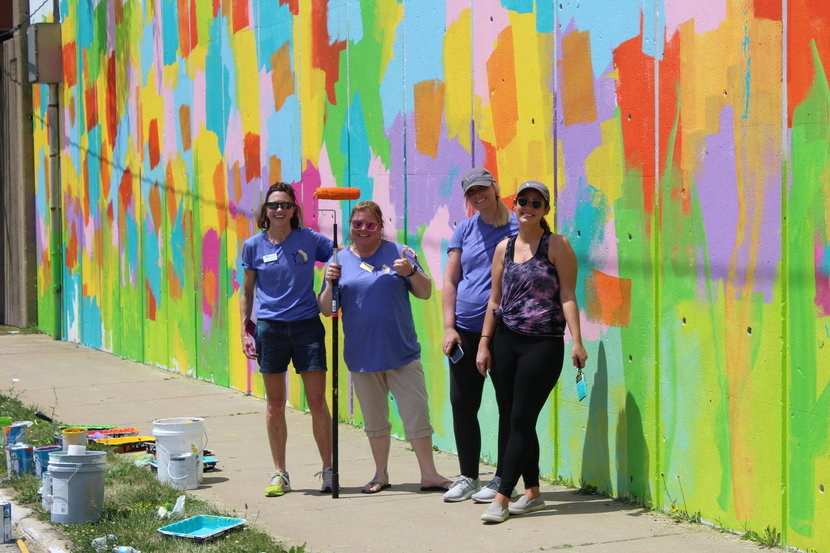
NCCH Adding Color to "More Alike Than Different" Mural
NCCH team members helped to paint the base colors to the “More Alike Than Different” mural taking shape in Cleveland’s Bellaire-Puritas Neighborhood. The mural's design will celebrate individuals living with disabilities while serving to create awareness and understanding of individuals living with Downs Syndrome.
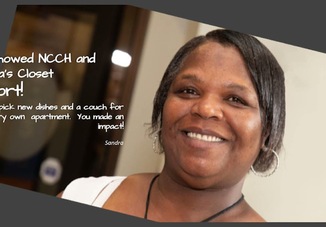
NCCH Driving and Thriving at Topgolf Social
Friends and supporters were eager to unwind, improve their golf game and just have FUN at the first NCCH outing in over a year. Topgolf Cleveland hosted over 100 golfers on Thursday, April 8, for an evening of high-tech golf games while enjoying food and beverage service throughout the evening.
Cleveland Magazine Showcases North Coast Community Homes
"No Place Like Home" Cleveland Magazine highlights that when opportunity knocks, North Coast Community Homes opens doors for individuals living with disabilites to live their best lives. Click to read the NCCH feature included in the April issue of Cleveland Magazine.
January 2021 News
“You have been assigned this mountain so you can show others it can be moved” ~ Unknown I heard this quote the other day and immediately thought of our team, our board members, our partners, and most of all, our residents. Our NCCH Family! Throughout a year that could have easily been used as an excuse to stay status quo, we have begun to move the mountain.
COVID-19 Response Update
We hope that all of you continue to stay healthy. The last quarter has been some of the most challenging times for all of us; including our residents. We continue to make the safety and well-being of our residents, employees, partners, and community a top priority.


